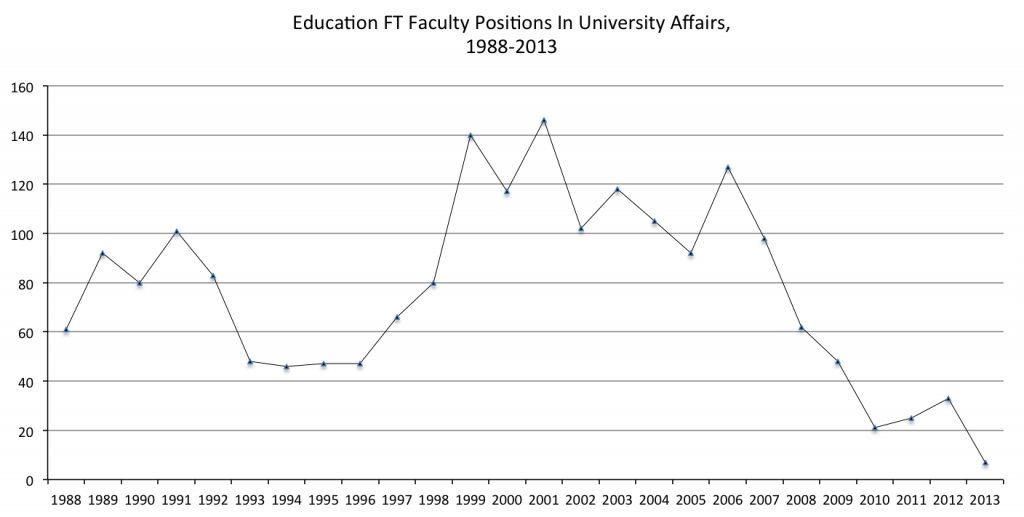BCTF, February 25, 2014– After a full year of bargaining and more than 40 sessions at the table, BC teachers have called for a strike vote to push back against major concession demands, an unfair salary offer, and a deliberately confrontational attempt to reverse the recent BC Supreme Court decision on class size, composition, and staffing levels, said BCTF President Jim Iker.
“Teachers care deeply about our schools, our students, and our communities. We don’t take a strike vote lightly,” said Iker. “However, this government seems incapable or unwilling to let the BC Public School Employers’ Association negotiate fairly with teachers. Christy Clark, her government, and BCPSEA are insisting on rollbacks, freezing wages, and ignoring the Supreme Court of British Columbia.”
Iker said he was incredibly disappointed and frustrated as teachers have worked hard this round to create a sense of calm and purpose at the bargaining table. While the last round was dominated by government acting in bad faith, this time teachers were hopeful that new players and a new framework agreement would help both parties reach a fair and reasonable deal.
Since January 27, when the BC Supreme Court released its ruling that found the Christy Clark government had acted in bad faith, BCPSEA has tabled unreasonable proposals:
- New language that would yet again strip all provisions on class size, class composition, and staffing levels for teacher-librarians, counsellors, special education, and other specialist teachers.
- A salary offer that starts with a 0.5% increase on the date of ratification. The increase is not retroactive. Because the previous contract expired last June, this means zero for all of 2013–14 school year to date. The proposal is followed by another zero for 2014–15 school year and then various ones and point fives over the next four years. The last four years of the 10-year term, an idea teachers rejected in June by a province-wide vote of 96%, features an ill-defined indexing scheme that even BCPSEA’s negotiators could not explain.
“The move to once again strip class size, composition, and staffing levels from teachers just days after the BC Supreme Court’s ruling showed total disrespect for the law, for teachers, and for students,” said Iker. “This government, through BCPSEA, is trying to pretend Justice Griffin’s ruling never happened. Their proposal to eliminate class size, class composition, and staffing levels would ‘supersede and replace all previous articles that addressed class size, composition, and staffing levels.’ For 12 years teachers have worked to defend our rights, our working conditions, and our students’ learning conditions, and once again we find ourselves facing a government focused only on confrontation.”
On the salary front, BCPSEA’s offer means BC teachers are being asked to take up to two more years of zeros after no salary increases in 2011–12 and 2012–13.
“Despite most other public sector workers receiving increases in the range of 3.5 to 4% over two years as part of the co-operative gains mandate, the government has directed BCPSEA to pursue a totally different agenda with teachers,” said Iker. “Trying to force wage freezes on teachers for another two years is not reasonable or fair, given what the government negotiated with other workers in the public sector. Teachers are asking for an increase that addresses the rising cost of living and a market adjustment that reflects how far we are behind other teachers in Canada. We believe that’s fair and reasonable.
“BC teachers cannot sit back and let Christy Clark and her government talk about labour peace in public, while trying once again to provoke teachers behind closed doors. We will do everything we can to secure a fair deal for teachers and better support for our students.”
Read More: BCTF Press release

 Follow
Follow




Equity, Governance, Economics and Critical University Studies #criticaled #edstudies #ubc #ubced #bced #yteubc
Workplace: A Journal for Academic Labor
Equity, Governance, Economics and Critical University Studies
No 23 (2014)
As we state in our Commentary, “This Issue marks a couple of milestones and crossroads for Workplace. We are celebrating fifteen years of dynamic, insightful, if not inciting, critical university studies (CUS). Perhaps more than anything, and perhaps closer to the ground than any CUS publication of this era, Workplace documents changes, crossroads, and the hard won struggles to maintain academic dignity, freedom, justice, and integrity in this volatile occupation we call higher education.” Workplace and Critical Education are published by the Institute for Critical Education Studies (ICES).
Commentary
Articles
Leave a comment
Posted in AAUP, Academic freedom, Adjuncts, Administration, BC Education, Commentary, Critical Education, Critical University Studies, Environment, Equity, Ethics, Governance, Government, Organizing, Research, Student Movement, Student Speech, Students, Working condition
Tagged Academic freedom, BC education, Budgets & Funding, Critical Education, Equity, Ethics, Government, Publishing, Students, Working conditions, Workplace Journal